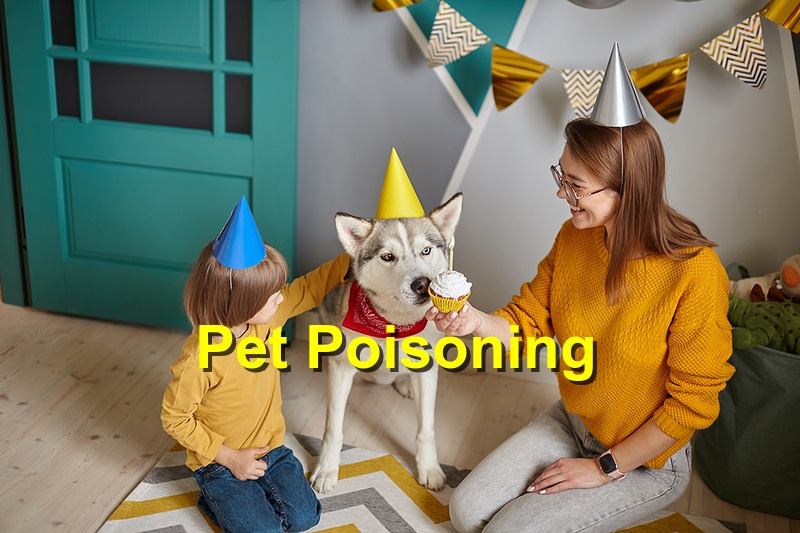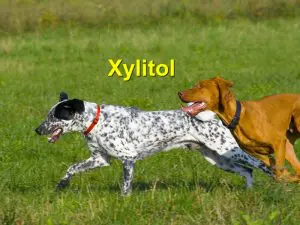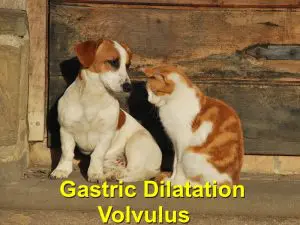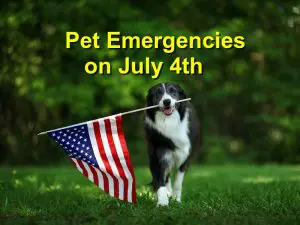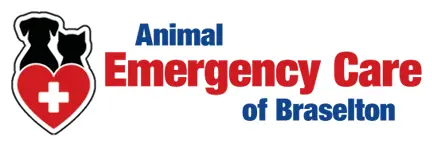Pet poisoning is a serious problem that can have serious consequences for pets and their owners. There are many common household items that can be poisonous to pets, and it is important to be aware of these dangers in order to keep your pet safe.
First, household cleaning products and chemicals can be poisonous to pets. Many of these products contain toxic chemicals that can cause serious harm if ingested by pets. It is important to keep these products out of reach of pets, and to use them with caution.
Secondly, certain plants can be poisonous to pets. Many common houseplants, as well as outdoor plants, can be toxic to pets if ingested. It is important to research the plants in your home and yard, and to remove any that are known to be poisonous to pets.
Thirdly, certain human foods can be poisonous to pets. Chocolate, grapes, and onions are just a few examples of foods that can be toxic to pets. It is important to keep these foods out of reach of pets, and to avoid feeding them to your pet.
What to Do If You Suspect Your Pet Has Been Poisoned
If you suspect that your pet has been poisoned, it is important to seek veterinary care as soon as possible. The sooner you can get your pet treated, the better their chances of making a full recovery.
Here are some steps you can take if you suspect your pet has been poisoned:
- Try to identify the substance: If you know what your pet ingested, bring the container or packaging with you to the veterinarian. This will help the veterinarian determine the best course of treatment.
- Call your veterinarian or a pet poison control hotline: Your veterinarian or a pet poison control hotline can provide guidance on what to do and whether you should bring your pet in for treatment.
- Follow the instructions provided: The veterinarian or poison control hotline may instruct you to induce vomiting, give your pet activated charcoal, or bring your pet in for treatment. It is important to follow the instructions provided to ensure the best outcome for your pet.
- If you are unable to reach your veterinarian or a pet poison control hotline, go to the nearest animal emergency clinic. Time is of the essence in cases of pet poisoning, and early intervention can be critical to the success of treatment.
In Closing
All in all, pet poisoning is a serious problem that can have serious consequences for pets and their owners. By being aware of the potential dangers and taking steps to keep your pet safe, you can help protect your pet from accidental poisoning.
References: MSDetManual, ASPCA

